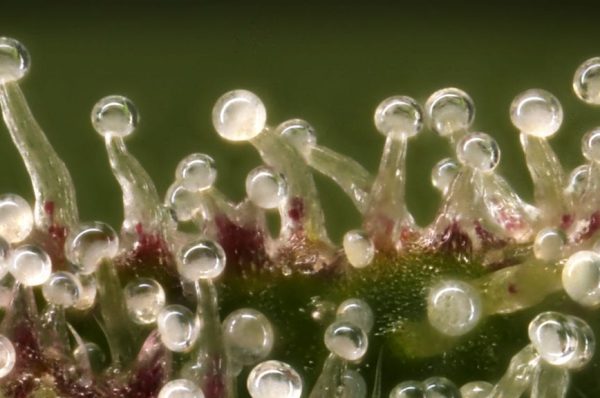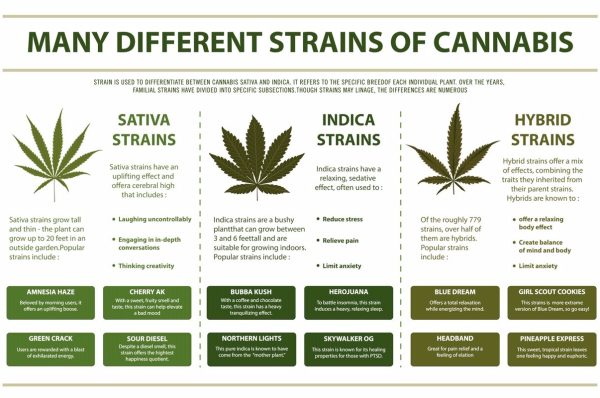Hemp biomass refers to the collective plant material derived from the hemp plant (Cannabis sativa). This versatile and sustainable resource encompasses various components of the hemp plant, including stalks, leaves, flowers, and seeds. Hemp is renowned for its rapid growth, hardiness, and minimal need for pesticides or herbicides, making it an eco-friendly choice for biomass production.
The biomass contains a diverse array of valuable compounds, most notably cannabinoids such as cannabidiol (CBD) and tetrahydrocannabinol (THC), as well as terpenes and flavonoids. These bioactive compounds contribute to the potential therapeutic and industrial applications of hemp biomass.
Hemp biomass is a key raw material in the extraction of CBD, a non-psychoactive compound celebrated for its potential health and wellness benefits. Additionally, hemp biomass can be processed to obtain hemp seed oil, rich in omega-3 and omega-6 fatty acids, making it a valuable ingredient in various nutritional and cosmetic products.
Beyond its applications in wellness and nutrition, hemp biomass has significant potential in sustainable industries. The fibrous components of the stalks can be utilized for the production of textiles, paper, and building materials, offering a renewable alternative to traditional resources. Furthermore, hemp biomass is being explored for its role in biofuel production, contributing to cleaner energy sources.
In summary, hemp biomass represents a multifaceted and sustainable resource with applications ranging from health and wellness to industrial and environmental sustainability. As the awareness of hemp’s versatility grows, so does the interest in harnessing its full potential for a wide array of products and industries.




